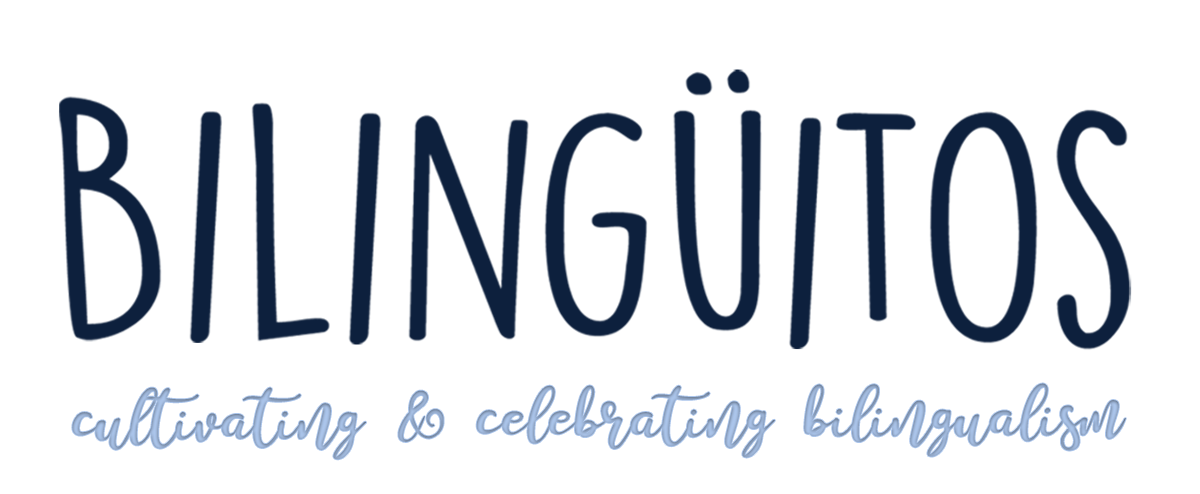All about MLAH
This post serves as the show notes for the Bilingual Parenting Podcast; this episode is is the second in a series of Bilingual Parenting Strategy episodes. Here we talking all about MLAH, or the Minority Language at Home bilingual parenting strategy. Wondering if MLAH is the right move for your family’s language context? Tune in to this episode, where we break it down like this: describe the strategy, talk about the benefits of it, mention some potential obstacles it might bring with suggestions on how to combat them, and finally talk about slightly modified versions of the strategy.
If you haven’t done so already, go ahead and check out the previous episode, on OPOL, or One Parent One Language because there we introduce the idea of Family Language Policy in a little more depth, and it is a good precursor to this current episode.
Highlights from this episode…
To kick off the episode, Kaila, true to form, admits another insecurity of hers as it comes to bilingual parenting. It specifically deals with how a family can adapt their family language policy over time if their language context around them drastically changes. You won’t want to miss this, so be sure to tune in!
Then, we define MLAH: A bilingual parenting strategy in which the minority language is deemed as the “home language,” (or family language), and is used by all members of the family. This strategy differs from OPOL because instead of just one primary source of adult language input in the minority language, with MLAH there are two.

Later, we discuss some major benefits of using this strategy, like:
(1) The most natural and organic choice for parents who already use the minority in their own language interactions with each other
(2) Having a “family language” fosters heritage connections
(3) Ample input within the home, no divided interests between languages. This helps establish a strong base before kids are school age
(4) Sequential bilingualism; again that strong base
From there, we discuss potential obstacles that could arise with this strategy:
(1) “That’s just my home language” mentality
(2) Family members may worry or push back if they’re unable to understand the kids while they’re young
(3) Peers, babysitters, Sunday school teachers, etc. won’t be able to understand the kids while they’re still minority language dominant
(4) Kindergarten readiness worries
(5) Older siblings who have already adopted the majority language may disrupt the home’s language policy
Finally we talk about MLAH, modified (though there are only two major modifications worth mentioning)
(1) MLAH&OD (Minority Language at Home AND Other Domains)
(2) Mostly MLAH
Takeaways
Family language policy is not a black and white, cut and dry, one-size-fits-all kind of thing. Each family has to determine what bilingual parenting strategy works for them, because every family language context is different.
Think about your family’s language context and draw a language map (which we will discuss further in the next episode). Determine if MLAH feels like something that would work well for your family (or maybe you’ve already implemented it). If you’re able to stretch the use of minority language to other domains outside the home and the family, then that’s ideal!
Join our Bilingual Parenting Network on Facebook and comment on our thread about MLAH. We want to hear from you and how you’re rocking this strategy!
If these highlights & takeaways are of interest to you, we hope that you will tune in and listen to the full episode! Then join our Bilingual Parenting Network and let us know what you think!

These are the show notes for Episode #003 of the Bilingual Parenting Podcast, “Minority Language at Home.” Subscribe to our podcast here or check out our homepage for the Podcast.

